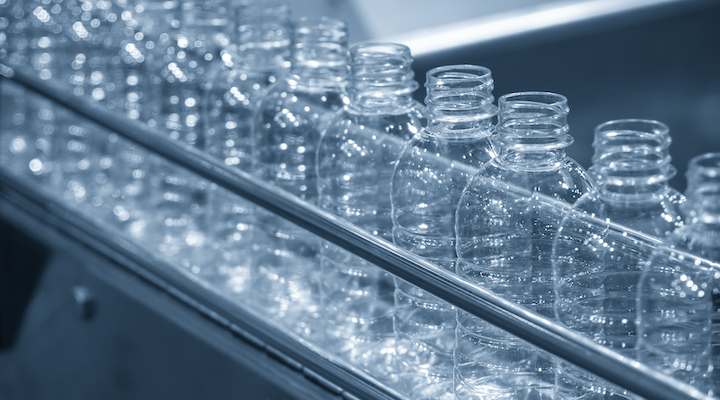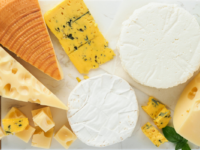A second National Plastics Design Summit will be held in February, an opportunity for packaged-goods manufacturers, retailers, along with the packaging and waste industries, to find common ground on achieving the National Packaging Targets.
According to the Australian Food and Grocery Council (AFGC), the first Plastics Summit in March 2020 stimulated significant commitments and innovation by industry, including Nestle’s collection and processing trial for soft plastics, and the AFGC’s development of a product stewardship scheme to significantly upscale the collection and recycling of soft plastics, which are one-third of all plastic packaging.
AFGC CEO Tanya Barden has welcomed the chance for more dialogue, but stressed that the National Packaging Targets cannot be achieved by packaged goods companies alone. In addition to packaging design changes, there is a need for changes to waste collection and recycling systems, she said, including investment in advanced recycling techniques that can break plastic down to a molecular level and produce recycled content packaging that meets food safety standards.
“In the AFGC Pre-Budget submission, soon to be released, the AFGC will be again calling on the Federal Government to implement a grants program to support food, beverage and grocery manufacturers to innovate their packaging, which requires considerable capital investment.
“A collaborative, whole-of-community approach is needed to deal with the issue of plastic waste and the AFGC is looking forward to playing an active role in the summit,” said Barden.
“Food and grocery manufacturers are looking forward to attending the summit to demonstrate their recent achievements in improving the recyclability of their packaging and to highlight some of the challenges, such as the need for advanced recycling facilities in Australia.
“Companies such as Mondelez and Nestle have already made significant commitments to use recycled content in their packaging and the AFGC is currently working on the design of a National Plastics Recycling Scheme which is an industry-led, industry-funded scheme to close the loop on soft plastics through advanced recycling.”
Barden added that plastic has a role for food safety and to help extend the life of food products therefore reducing food waste. However, she said it is critical that industry maximises its use in the economy to reduce the need for virgin plastics and to avoid harmful effects on the environment.

















